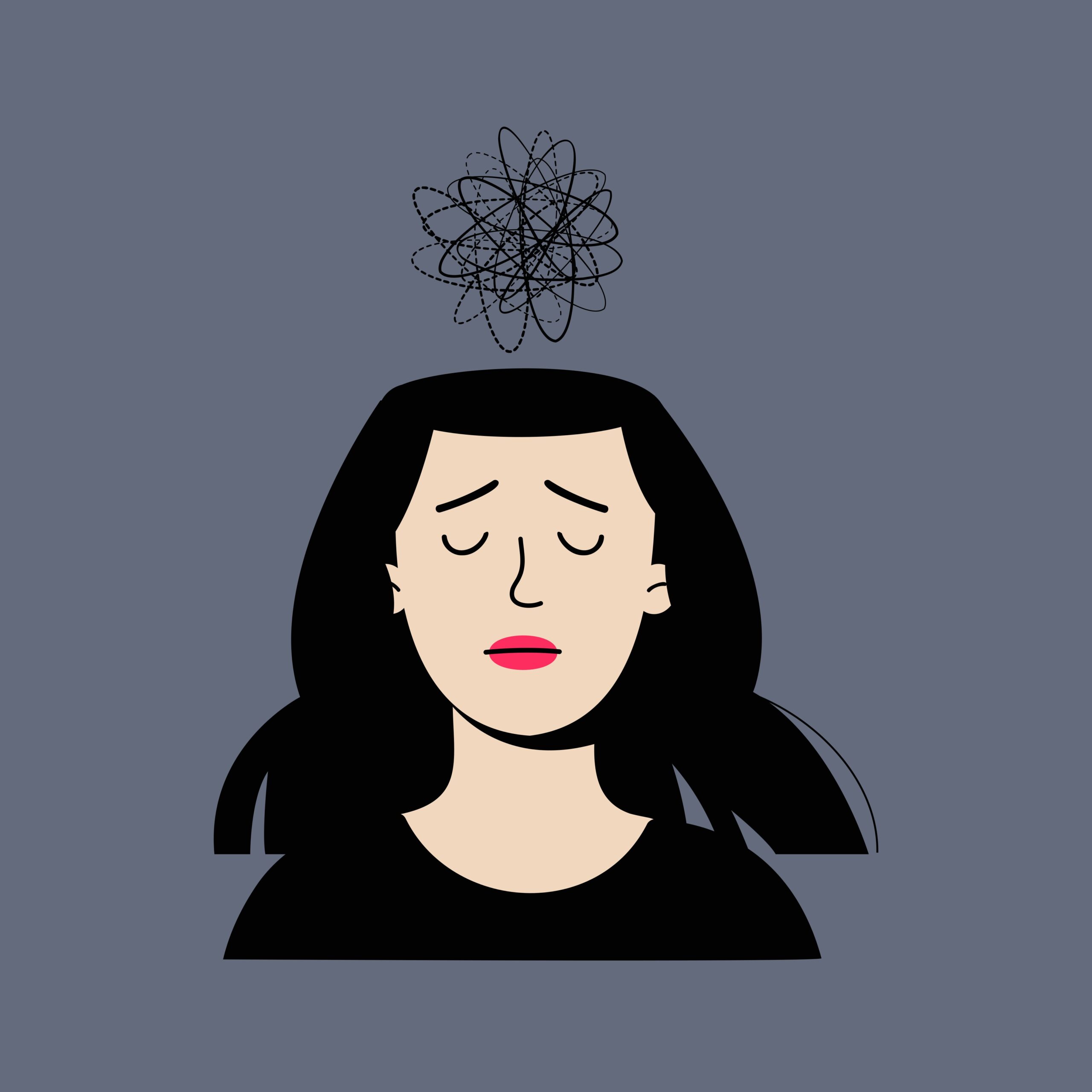Cognitive-behavioural therapy (CBT) is a highly effective, evidence-based approach that helps children and teens better understand their thoughts, emotions, and behaviours. At Suntree Wellness, located in Milton, Ontario, we offer CBT to support children and adolescents in developing healthy coping skills, improving communication, and managing big emotions. Whether in-person or through virtual therapy across Ontario, our goal at Suntree Wellness is to make CBT engaging, supportive, and tailored to each person’s needs.
How CBT Helps Children and Teens
CBT teaches children and teens practical strategies to navigate everyday challenges. Some key aspects of therapy include:
1. Identifying and Understanding Emotions
Many children and teens struggle with recognizing and expressing their feelings. CBT helps kids and teens identify different emotions by increasing their vocabulary for emotions (e.g., frustration, furious, and annoyed for anger), understanding the purpose of emotions, discussing triggers for emotions, identifying the intensity of their emotions, recognizing physical sensations related to emotions, and discussing triggers for emotions.
2. Practicing Positive Coping Skills and Relaxation Techniques
Managing stress, anxiety, and frustration is an essential skill. CBT introduces children and adolescents to coping techniques such as deep breathing, 5 senses, positive imagery (happy place), and progressive muscle relaxation. These strategies are practiced in session with kids and teens, then reviewed with parents so that the skills are also practiced at home. Consistent practice of these coping skills helps ensure that they can be used effectively to manage big emotions.
3. Identifying Negative and Unhelpful Thoughts
All of us engage in what we call thinking mistakes (also called thinking errors or cognitive distortions), which are inaccurate ways of thinking that tend to increase our emotions. Examples include all-or-nothing thinking (thinking in extremes), catastrophizing (thinking about worst case scenario), generalization (assuming what happened once or twice will apply all the time), and many more. CBT helps children and teens identify thinking mistakes and develop more balanced, positive thinking. This in turn, helps us use our other skills and tools more effectively.
4. Practicing Healthy Communication Strategies
Many children and teens find it difficult to express themselves effectively. CBT focuses on teaching assertive communication, validation, compromising, and viewing situations from multiple perspectives. These tools help kids and teens navigate friendships, family relationships, and school dynamics more successfully. Practicing these strategies in sessions helps kids feel more confidence to speak up against bullying, advocate for their needs, and develop positive relationships.
4. Implementing Problem-Solving Skills and Goal Setting
Children and teens often encounter difficulties in school, friendships, and family life. Through CBT, they learn to approach problems with a step-by-step method: identifying the issue, brainstorming solutions, evaluating options, and taking action. These strategies empower kids and teens to tackle challenges with greater independence and confidence. Barriers and roadblocks feel less overwhelming when youth have the tools to overcome these challenges.
5. Parent Involvement and Coaching
While much of the work in CBT involves teaching children and teens skills and tools directly, sometimes parent coaching is a necessary supplement to therapy. For example, when there are issues with independent sleeping, challenges with managing aggressive behaviours, etc. it is important that the family work together to tackle the issue as a family problem.
In these cases, the psychologist or therapist will work with parents to discuss strategies to manage conflict, de-escalate situations, practice validation and collaborative problem solving, and implement positive parenting strategies including labeled praise and providing appropriate consequences. The therapist will collaborate with the parents and child to find solutions that work for the family.
6. Making Therapy Fun and Engaging
Lastly, therapy should not feel like attending school! Our approach at Suntree Wellness includes games, creative exercises, and hands-on activities to keep children and teens engaged. Whether using role-playing, art, or games, we ensure that therapy remains a positive and enjoyable experience for kids and teens in an age appropriate way.
CBT at Suntree Wellness in Milton, Ontario
At Suntree Wellness, our psychologists specialize in providing CBT for children and teens in a warm, supportive environment. We offer in-person therapy in Milton and virtual therapy for families across Ontario, ensuring accessibility and convenience for all.
Our therapists work collaboratively with children, teens, and their families to ensure that the strategies learned in therapy translate into everyday life. Parents are often included in sessions to reinforce coping skills at home and support their child’s progress.
If your child or teen is struggling with anxiety, low self-esteem, anger, or other emotional challenges, CBT can provide the tools they need to thrive. Contact Suntree Wellness today to learn more about how we can help!



